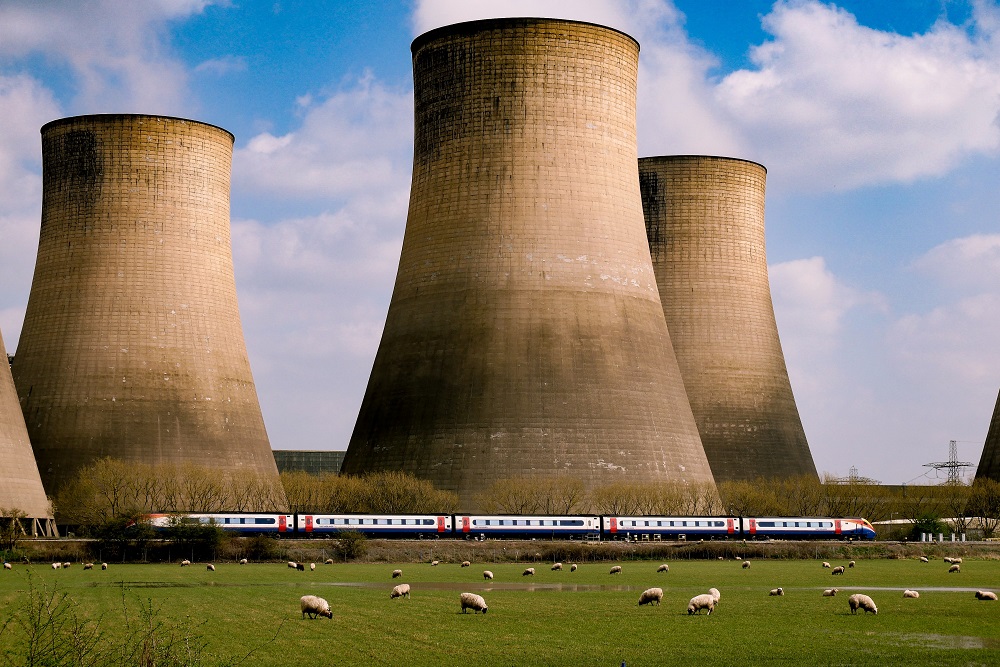Supporters of nuclear energy, including politicians and activists, sought to improve the nuclear power industry’s tarnished image. They argue that atomic power is a safe and cost-effective way to world decarbonizing.
Concerns about the rapid pace of climate change and tight power supplies around the world have softened some policymakers’ views on nuclear energy. This is an industry that has struggled for years to attract investment due to various concerns. The main concerns are about atomic plants’ safety, radioactive waste, and the high costs of building a reactor.
Nuclear energy has a potential
The International Atomic Energy Agency is an intergovernmental organization that promotes nuclear power. It opened an exhibit recently, at the United Nations climate gathering of global leaders in Egypt. This kind of exhibit happened for the first time in 27 years. The showcase emphasized the technology’s potential in combating climate change.
At the opening of the exhibit IAEA Director General Rafael Mariano Grossi told the media that nuclear energy is a proven energy source. According to Grossi, nuclear energy isn’t part of the global climate problem but is rather part of the solution.
Grossi stressed that nuclear energy has a very solid and consistent safety record.
Nuclear power is one of the ways the world can achieve net-zero
On the same occasion, US Special Climate Envoy John Kerry at a news conference announced the formal interest of the US Export-Import Bank (EXIM) in providing $3 billion in financial support for a nuclear plant in Romania.
Kerry told reporters nuclear energy is a viable alternative and one of the ways the world can achieve net-zero emissions by 2050. By 2050 is an international goal of reducing net greenhouse gas emissions to zero. In his opinion, without nuclear energy, we will not reach net zero by the above-mentioned year.
As part of a broader strategy to decarbonize the economy, the United States has already set aside billions of dollars to keep existing nuclear power plants operational and hopes to encourage new projects.
Accidents happen, but…
But, in 2011 happened a reactor meltdown at the Fukushima nuclear power plant in Japan. Following that incident, the nuclear energyindustry has struggled to raise funds in recent years. With sporadic fighting and power outages at the Zaporizhzhia nuclear power plant, Russia’s invasion of Ukraine also has heightened concerns about nuclear safety.
But, according to Grossi of the IAEA, security concerns in Ukraine should not deter countries from constructing nuclear power plants. He said that the big problem is war, not nuclear energy itself, or any other industrial activity per se.
Hannah Fenwick is co-chair of Nuclear for Climate, a network of 150 organizations advocating for governments to embrace nuclear energy. At COP27 she said her organization was lobbying policymakers to consider nuclear energy investments. According to Fenwick, there was positive feedback.
The Nuclear for Climate network has said for years that nuclear energyis a climate solution. Now the geopolitical climate has changed, so we shall see what will happen with their ideas.

